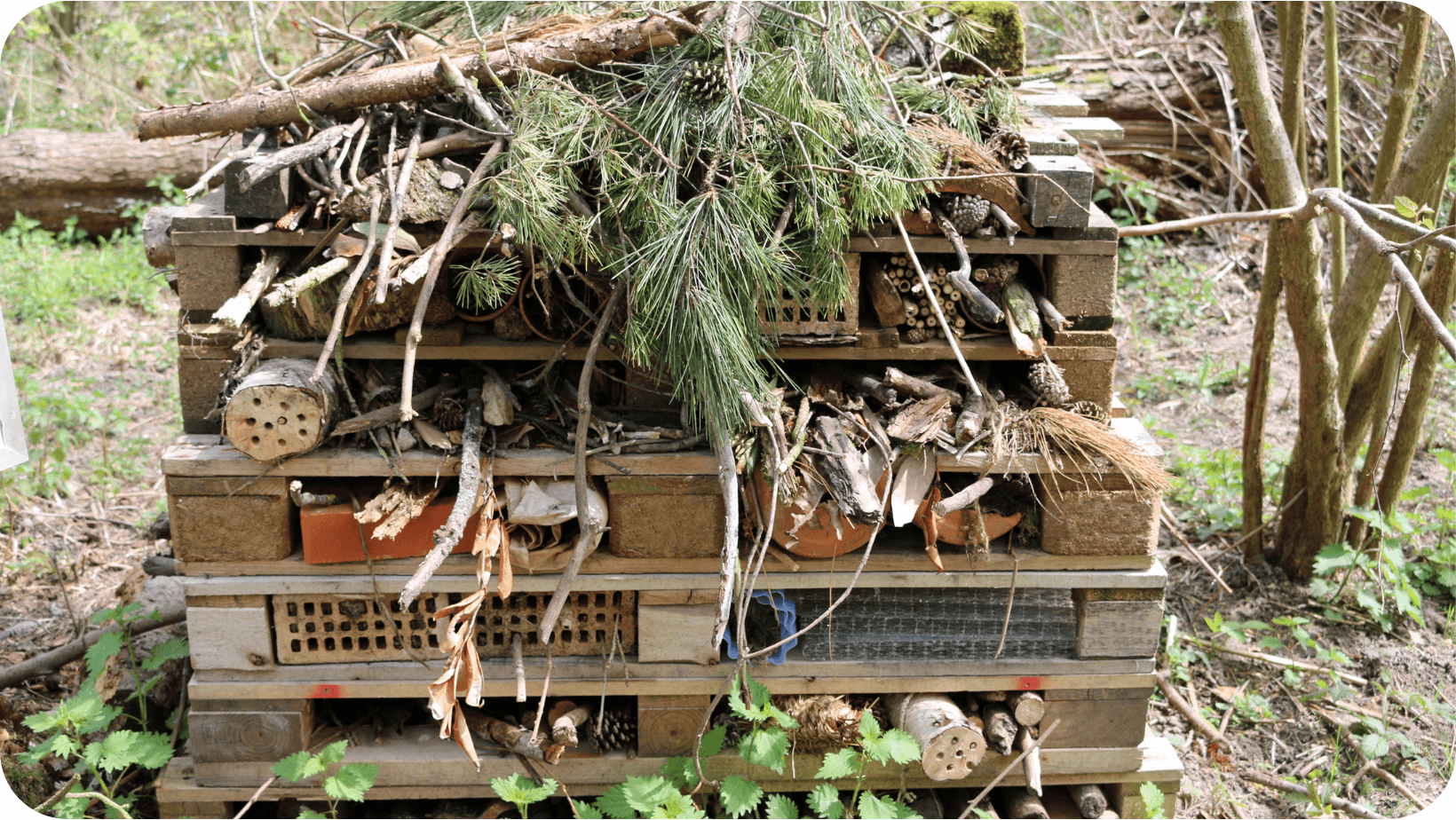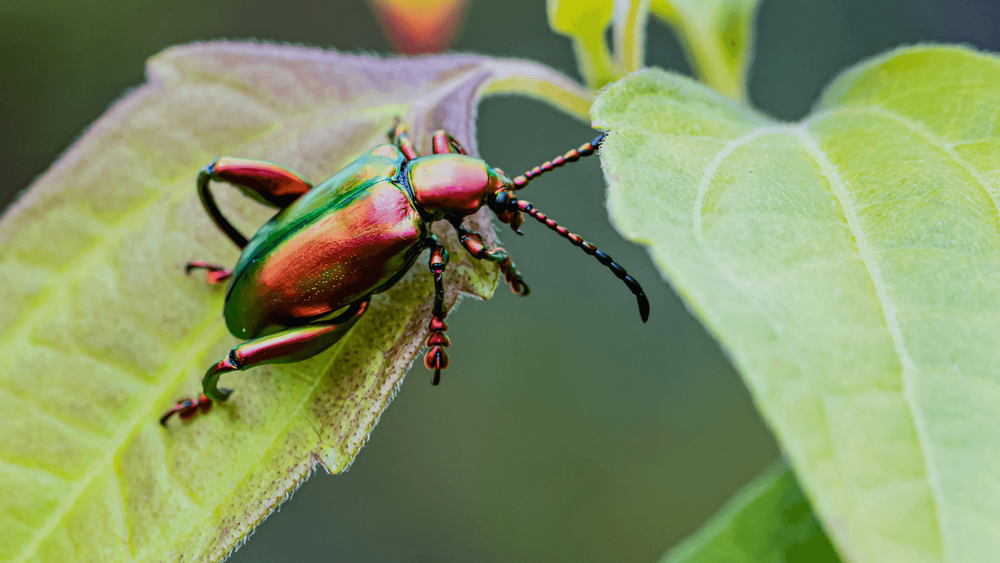Is there an impending insect apocalypse? And how can we avert it?
Insects. Love them or hate them, they are truly fascinating creatures. From Leaf Cutter Ants to Hammerhead Worms, Elephant Hawk Moths, Goliath Beetles and the utterly astounding Creatonotos Gambis, there is a seemingly endless array of weird and wonderful insect life to discover on planet Earth. Or, at least… there was. Sadly, recent studies have shown that in the past two decades, we have lost nearly 70% of insect life in the UK, with many species facing the threat of extinction, resulting in a potential insect apocalypse if we do not adapt to a bug-friendly way of living.
The biggest threat that insects face is a combination of habitat loss caused primarily by agriculture and urban development, coupled with pesticide use and intensive agricultural methods (such as harmful fertilisers, and over-ploughing, degrading the quality of soil etc) resulting in a biodiversity crisis. The UK was once home to an array of abundant wildlife, but as we continue to sacrifice woodlands, peat bogs, meadows and waterways in the name of profit and growth, we’re leaving less of the countryside habitable for non-human life.
That being said, it’s not all doom and gloom; there are many insect species that we feel drawn to, and wish to protect. Gone are the days of hoovering a house spider, or swatting away a honeybee.
In fact, the urgency to save pollinating insects, such as bees, has resulted in communities across the globe joining together to try and save them. Most households recognise the importance of how to save the bees, but what about the lesser-known insects? Do we deem these creatures not worthy of saving due to their ‘creepy-crawly’ appearance? Or, is what lies beneath the surface, equally as important as what hovers, flies and buzzes above it? Recent studies show that some insects lead lives not too dissimilar to our own. From an ethical perspective, it’s imperative that we try to help them.
Ethics aside, insects are the very foundation that our planet's ecosystems depend on. They fertilise our soil, decompose our dead, pollinate our crops and provide a source of food for birds and mammals across the globe. Put simply, if an insect apocalypse were to play out, we would soon perish alongside them. Our world could not sustain life as we know it without an abundance of insect life both above, within and upon the soil.
So what can we do to help these small, yet fascinating and vital creatures that hold our ecosystems together? If you have access to a green space or garden, you hold an exciting opportunity to give struggling insects a safe space to take shelter, feed, procreate and raise their young. Top of the list could be creating a bug hotel.
The Wildlife Trusts provide a fantastic guide on how to make a bug mansion, and The Woodland Trust has a great list of bug hotel ideas too. Bug hotels are easy to make, and great fun to create, especially if you have children that want to join in. Familiarising children with insects and teaching them to appreciate, rather than fear them, is also crucial to a behavioural shift within society towards insect life.

Johnatapw/Getty Images
Another helpful tool to help British bug life is available via Bug Life’s splatometer app. The innovative free app is simple to use, and helps wildlife organisations better understand how insect populations are faring. Users simply need to take a picture of their number plate before and after a journey, then upload the images to the app, which is based on the ‘windscreen phenomenon’, a term given to the observation that people tend to find fewer insects squashed on the windscreens of their cars compared to previous years.
If you have time for a more hands-on approach within your local area, there are endless wildlife charities and community groups looking for volunteers to help wildlife. The Butterfly Conservation is restoring depleted peatlands, with the initiative aptly named the Bog Squad, and multiple wildlife groups are recruiting volunteers for tree planting and wildlife conservation.
Another ray of light for British bugs lies in rewilding. From participating in No Mow May to donating to rewilding charities, there is an urgently needed transition to help restore nature's balance, for insects, animals, and humans on a global scale. And thankfully, there are a rising number of rewilding projects focused on restoring plots of land and returning them to nature.
In the UK, inspirational not-for-profit the Vegan Land Movement have recently acquired their fifth parcel of land to rewild and help struggling species. VLM acquires auctioned land previously used within animal agriculture and restores it solely for wildlife. Their mission to save land and species comes at a crucial time, and donations are welcome via their website.
Is an insect apocalypse foreseeable? If we do not change our ways, it is possible. Is an insect apocalypse preventable? If we become bug-friendly, most definitely! What action will you take to help the tiny creatures our planet depends on?
For more ways to help out our insect friends, check out 5 ways to help save the bees, and encourage biodiversity in your garden with veganic gardening.
